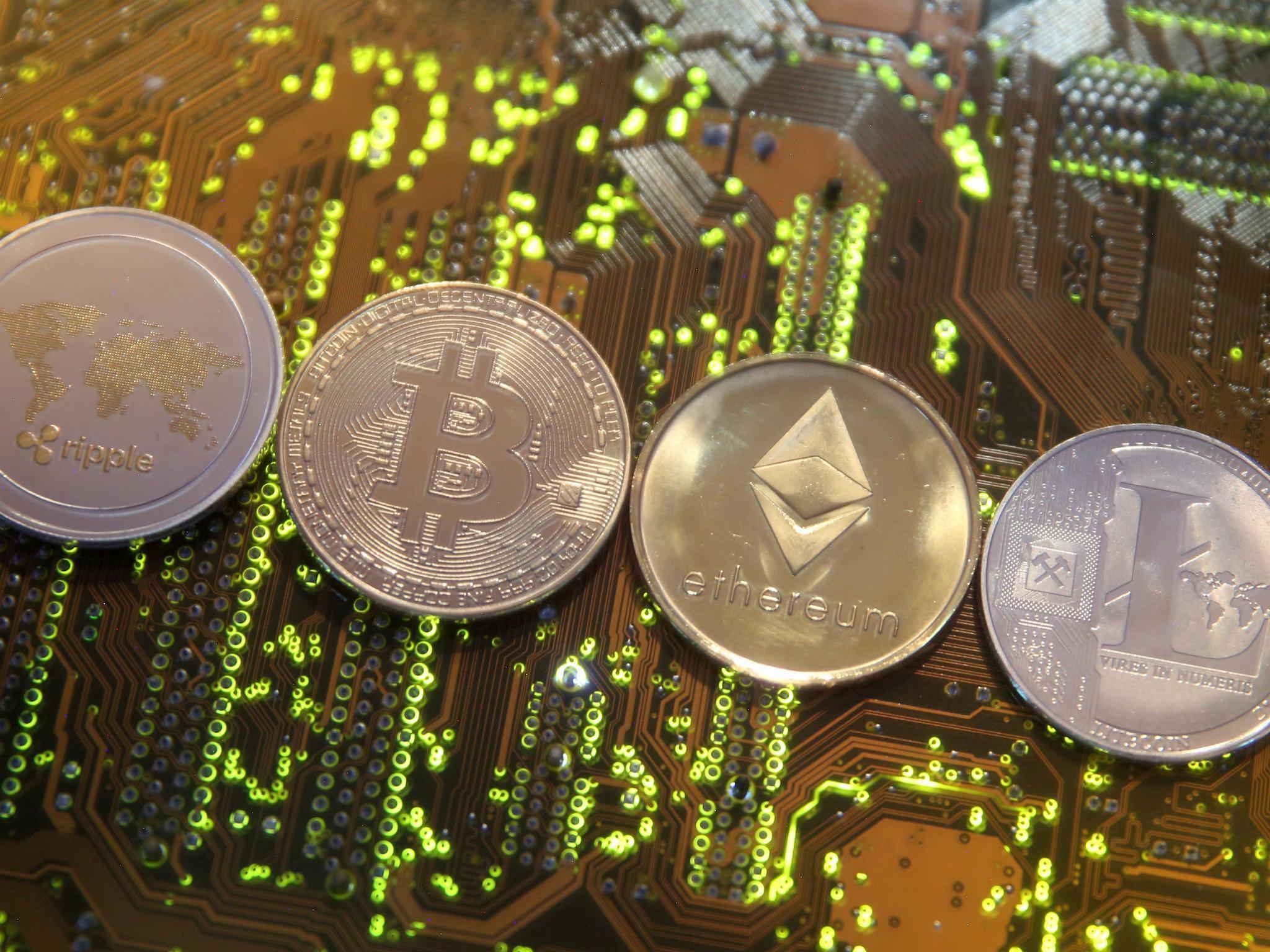Cryptocurrencies can't buy you love, but they can buy you a lapdance
Numerous lawyers have also raised the spectre of hidden pots of cryptocurrencies becoming an obstacle to reasonable settlements


Despite their recent wobbles, cryptocurrencies still seem like a fixture of our future. Chances are, they already make a better christening present than a silver spoon.
Bitcoin, in particular, has captured the imagination. By enabling payments without the need for centralised banking structures, it has given users a foretaste of a world free from financial bureaucracy and overdraft fees. The blockchain technology which underlies Bitcoin can also be put to any number of other, productive uses.
So what, precisely, are human beings doing thanks to these great advances?
Last autumn, the chief executive of JP Morgan, Jamie Dimon, suggested cryptocurrencies were a fraud and that “the only people who are better off using bitcoin as opposed to official currencies are murderers, drug dealers, or people living in places like North Korea”.

Putting aside the fact anything that can get the head of a bank so exercised may not be all bad, it’s clear that some nefarious characters have turned to cryptocurrencies because transactions are – in principle – easier to make anonymously. They are, so say the critics, a godsend for money launderers.
They look like a godsend for their creators too. Initial coin offerings were all the rage a year ago, as any number of startups offered invisible tokens in exchange for cash (well, other cryptocurrencies), with hungry investors desperate to get aboard the next digital gravy train before it left the station.
When Bitcoin’s value plummeted by more than 50 per cent between the middle of December and the beginning of February, enthusiasm for the whole crypto enterprise seemed to wane. But now the markets are bouncing back.
That’s presumably good news for North Koreans, if Dimon is to be believed.
It’s certainly good news for the Legends Room in Las Vegas, one of those places known euphemistically as a “gentlemen’s club”.
Here, lap dancers wear QR code tattoos – and little else – so that customers can tip using cryptocurrencies, confident in the knowledge their spending won’t appear on the next joint bank account statement.
Bitcoin’s resurgence may also give encouragement to individuals seeking to hide their assets during divorce proceedings. Numerous lawyers have raised the spectre of hidden pots of cryptocurrencies becoming an obstacle to reasonable settlements.
Advocates of cryptocurrencies say that the increasing use of Bitcoin and its ilk in mainstream markets makes their use for illicit purposes more difficult, largely because people will eventually end up using dodgy money in arenas where personal information is properly recorded. But that theory appears to assume that crooks are idiots, which frequently they are not.
The truth about cryptocurrencies is that they have been made possible by humans’ technological brilliance, and have been made grimy by human flaws.
They gained a following because they made it possible to buy drugs on the dark web without leaving a paper trail for law enforcement officers. They grew in value largely because a classic stock market bubble convinced greedy people that products like Bitcoin could make them rich without risk.
While cryptocurrencies can’t buy us love, we can now pay for strip shows without having to grubby ourselves with the embarrassment of handing over a wad of notes. And when a relationship ends in tears, we can seemingly convince ourselves that the return we made on Ether, Ripple or Bitcoin isn’t something we need to declare.
The paradox of cryptocurrencies is that they have gained a following by virtue of being outside the mainstream financial services sector, which is despised by many for permitting dodgy dealings thanks to a lack of sufficient regulation or transparency. There are pots and kettle aplenty there.
When central banks jump on the digital bandwagon, as they surely will in the end, the whole equation will become even more complicated.
As things stand, however, for all the brilliance of the blockchain technology which underpins them, it is hard not to feel that cryptocurrencies are a little tarnished. The advantage of a silver spoon is that the gleam can be easily restored.
Join our commenting forum
Join thought-provoking conversations, follow other Independent readers and see their replies
Comments
Bookmark popover
Removed from bookmarks